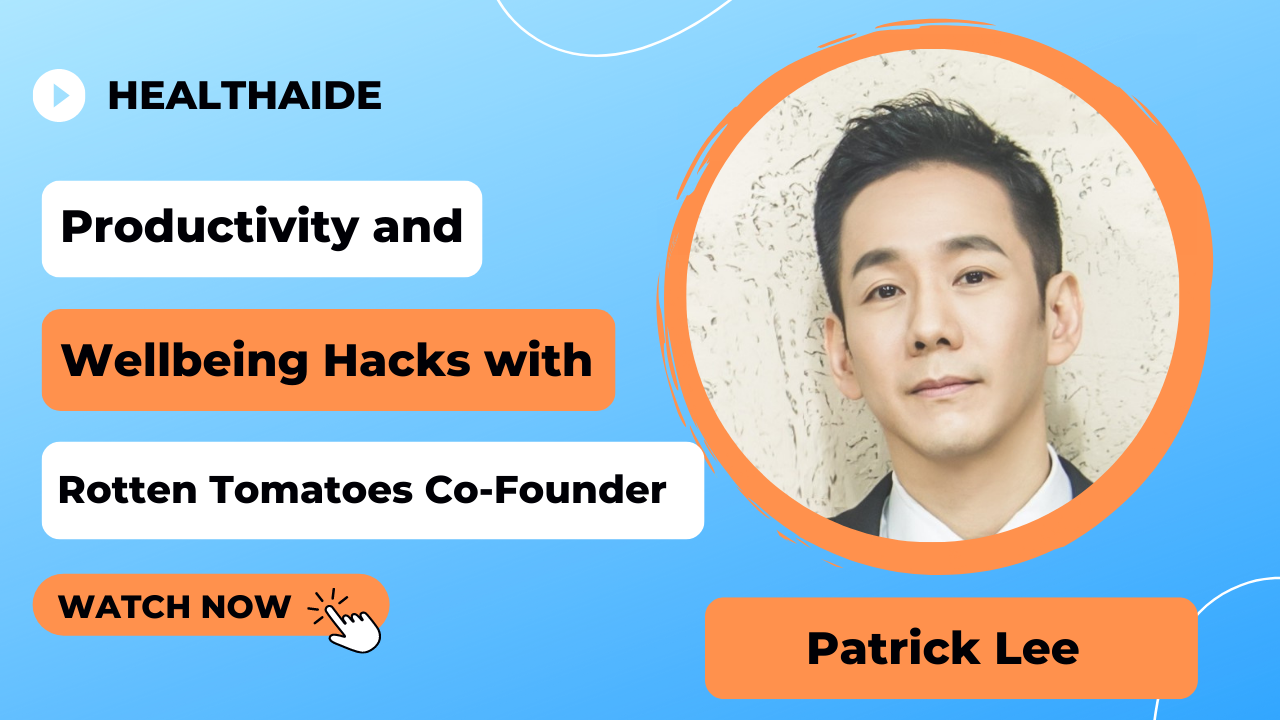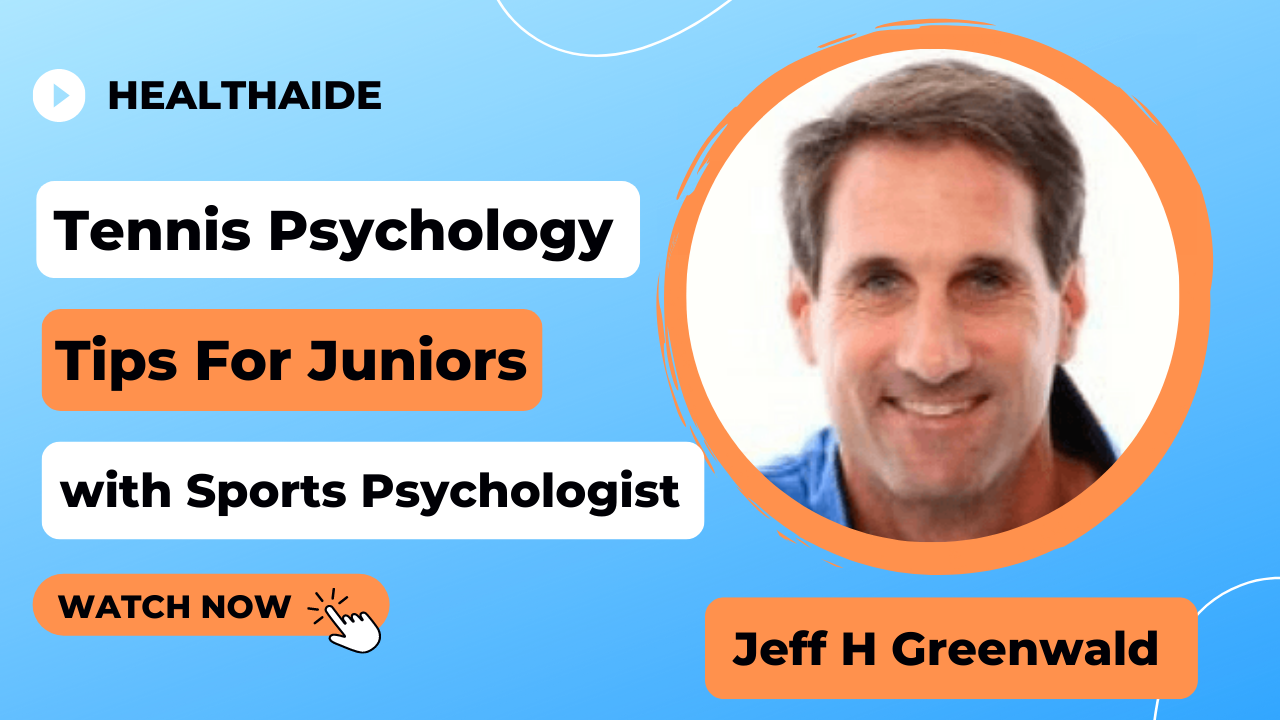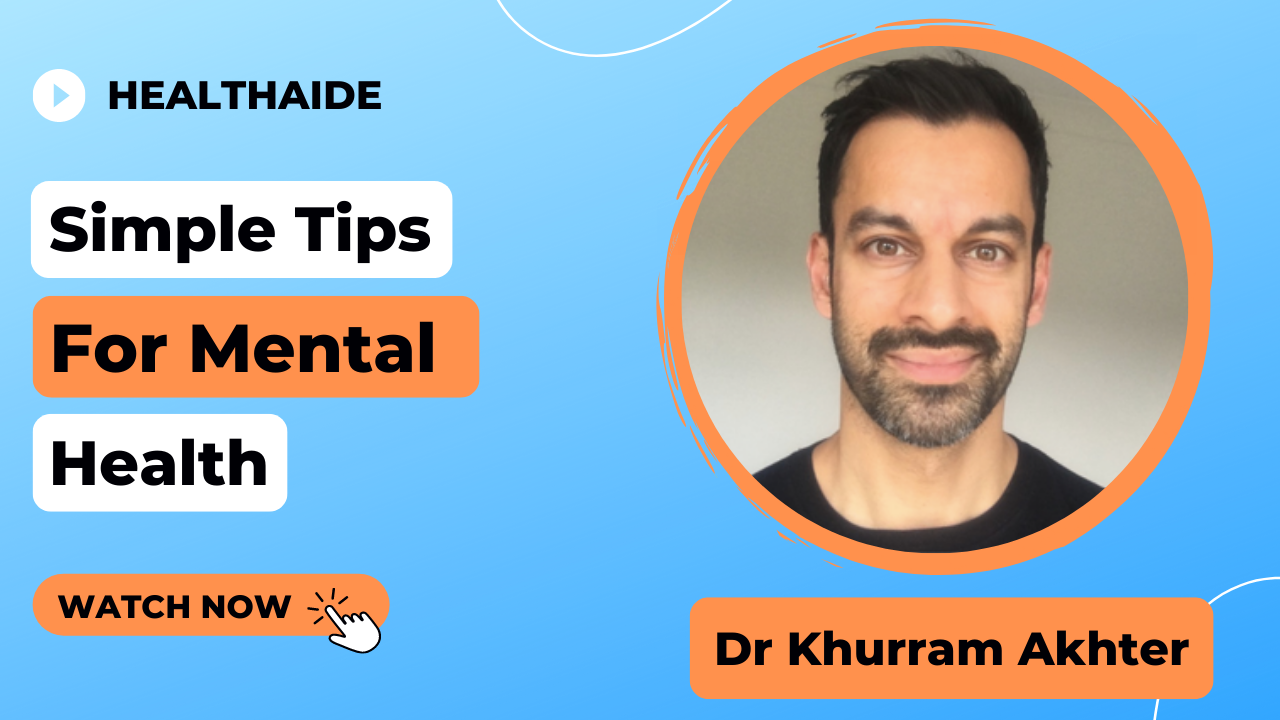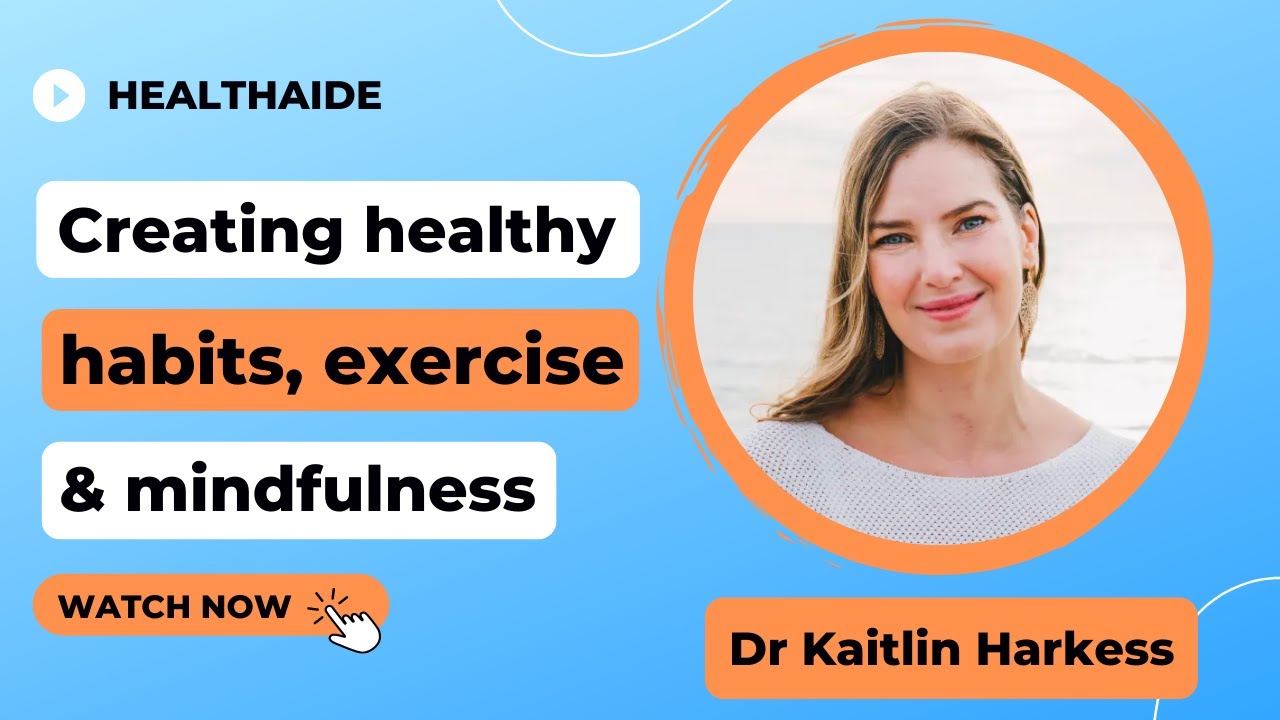Listen On YouTube, Spotify and Apple Podcast
Serena Macleod – Sports Psychologist.
Mental Health Advice When Injured
A key way to stay mentally well is through exercise. We call it one of the foundations of mental wellness.
Our careers define who we are as individuals. It gives us a purpose in life with goals and challenges. So if you are a professional athlete who then becomes injured the impact can be bad.
You lose your identity and a key foundation of your mental health. Coming back from injury can be really hard and mental health problems can develop.
So the question is, how do you stay mentally strong when you are injured and cannot exercise?
We put this question to Serena Macleod.
Serena is a Chartered Sport and Exercise Psychologist who supports organisations, teams, athletes and exercisers in the UK, North America and Australia to enhance their performance levels and psychological well-being.
She has experience working in a variety of sport and exercise settings including football, swimming, athletics, rugby, BMX, esports and rehabilitative exercise programs. In addition, she was an elite level footballer who has direct insights into the impact of injury on mental health.
Please find her details at:
https://www.serenamacleodsportpsych.com/
https://www.instagram.com/serenamacleodsportpsychology/
Content in this video is for informative purposes and does not serve as medical advice. Before undertaking any new activity, please see your usual medical practitioner.
Timestamp For Video On Mental Health Advice When Injured
Links Open On YouTube
(0:00) Intro
(0:37) Could you tell us about your background?
(1:36) Tell us about your athletic career
(1:59) What are your personal experiences of dealing with a significant injury?
(3:12) What was going through your mind when you sustained your knee injury?
(4:24) Did you have enough support to get you through your injury?
(5:17) What practical tips would you give someone who has sustained a significant injury to stay mentally strong?
(10:30) How intensive is your input as a psychologist when working with an athlete?
(11:39) What 3 tips would you give a young injured athlete to help them?




